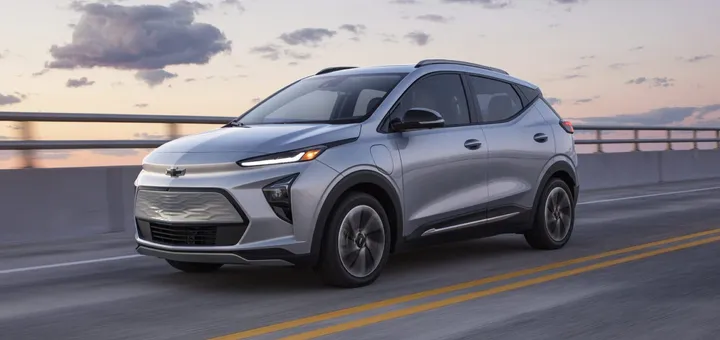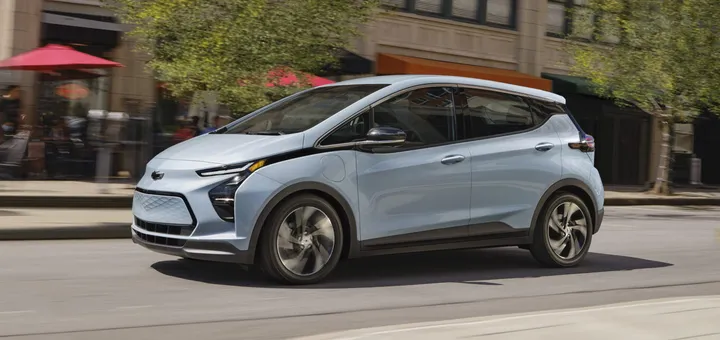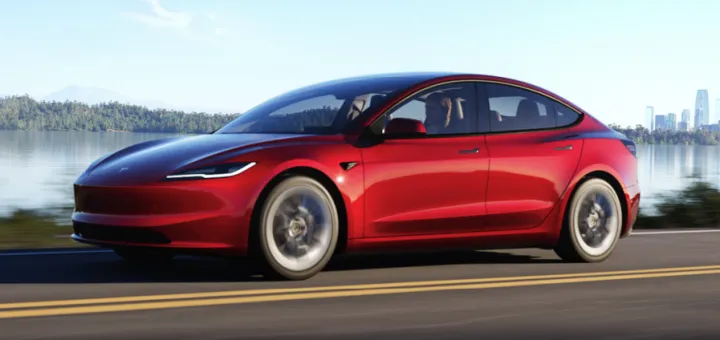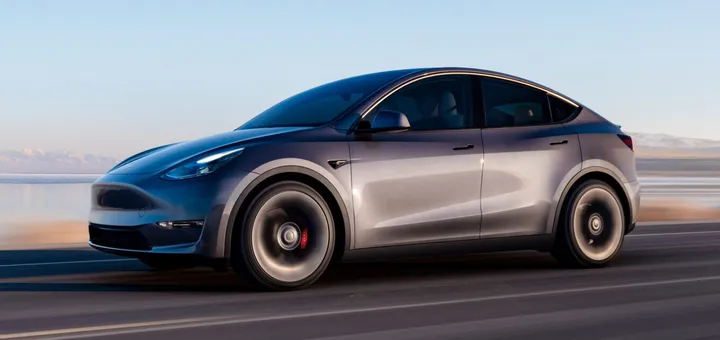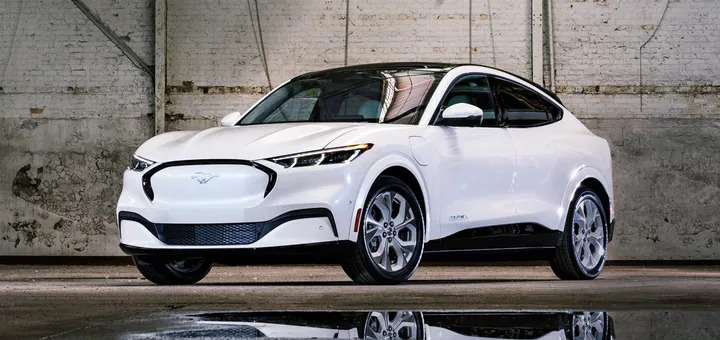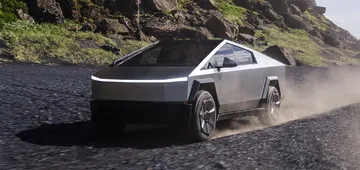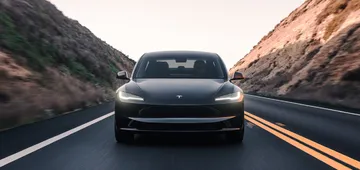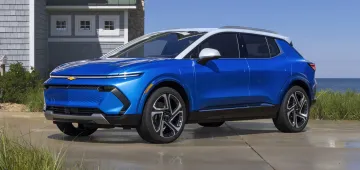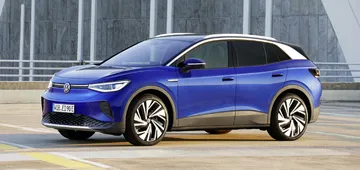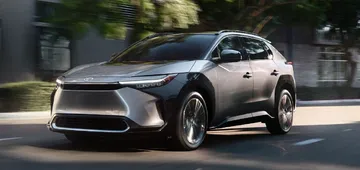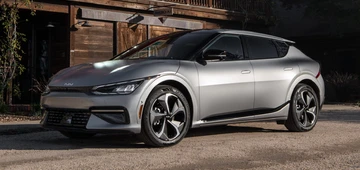Tesla, Ford, and GM Tax Credit: The Evolving Dynamics of EV Incentives
The impending changes to the Tesla, Ford, and GM tax credit for electric vehicles (EVs), taking effect on January 1, 2024, present a notable shift in the EV market. The updated regulations will impact a variety of models from these major automakers, altering the landscape of EV incentives.
Under the new guidelines, specific models from GM, such as the Cadillac Lyriq and Chevrolet Blazer EV, are set to lose their eligibility for the Tesla, Ford, and GM tax credit. This situation is attributed to certain components not meeting the revised criteria. GM is proactively addressing this issue by advancing the sourcing of qualifying components, aiming to reinstate the tax credit eligibility for these models early in 2024. Meanwhile, the Chevrolet Bolt EV and Bolt EUV will maintain their eligibility for the Tesla, Ford, and GM tax credit.
In response to these changes, GM has committed to offering a discount equivalent to the Tesla, Ford, and GM tax credit for vehicles affected by the new rules. This approach is intended to lessen the financial impact on consumers. Ford faces a similar situation, with its Mustang Mach-E and E-Transit set to lose a portion of their tax credit. However, Ford's F-150 Lightning and certain plug-in hybrids will continue to benefit from the Tesla, Ford, and GM tax credit.
Stellantis, conversely, does not anticipate changes for its plug-in hybrids, which should maintain their existing tax credits. Tesla is also affected, with the Model 3's RWD and Long Range variants poised to lose the $7,500 incentive, potentially extending to the Model Y as well, due to the sourcing of batteries.

The overall impact of the Tesla, Ford, and GM tax credit revisions extends beyond individual models. Starting in 2024, eligible consumers will receive the tax credit at the point of sale, simplifying the process. However, the list of eligible EVs will be considerably shorter, a direct result of stricter requirements on battery components and minerals. The Tesla, Ford, and GM tax credit changes thus signify a pivotal moment in the EV sector, reflecting the industry's ongoing adaptation to evolving regulations and market demands.
This December Ford Pro and Xcel Energy partnered to install 30,000 EV charging ports for commercial fleets, representing a pioneering move to promote sustainability within the business sector and reduce carbon emissions. By the way, discover which Ford vehicle got into our top cheapest electric truck list.
